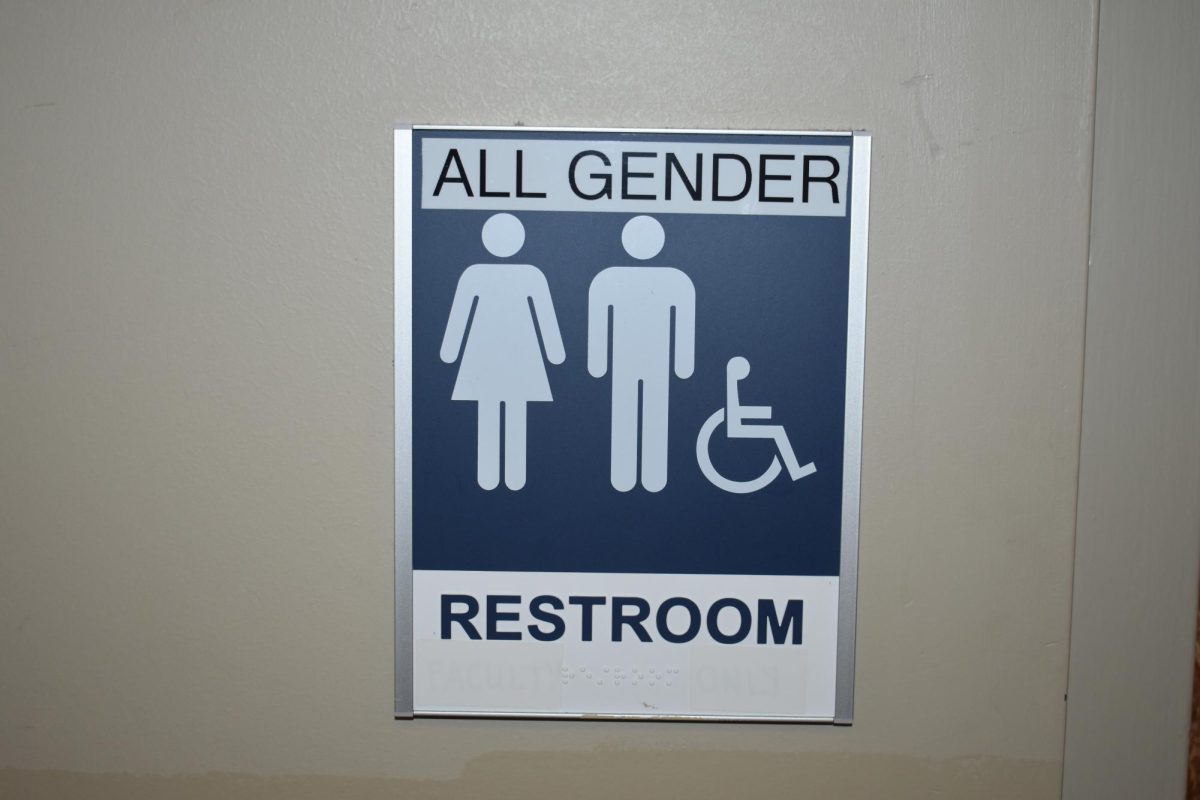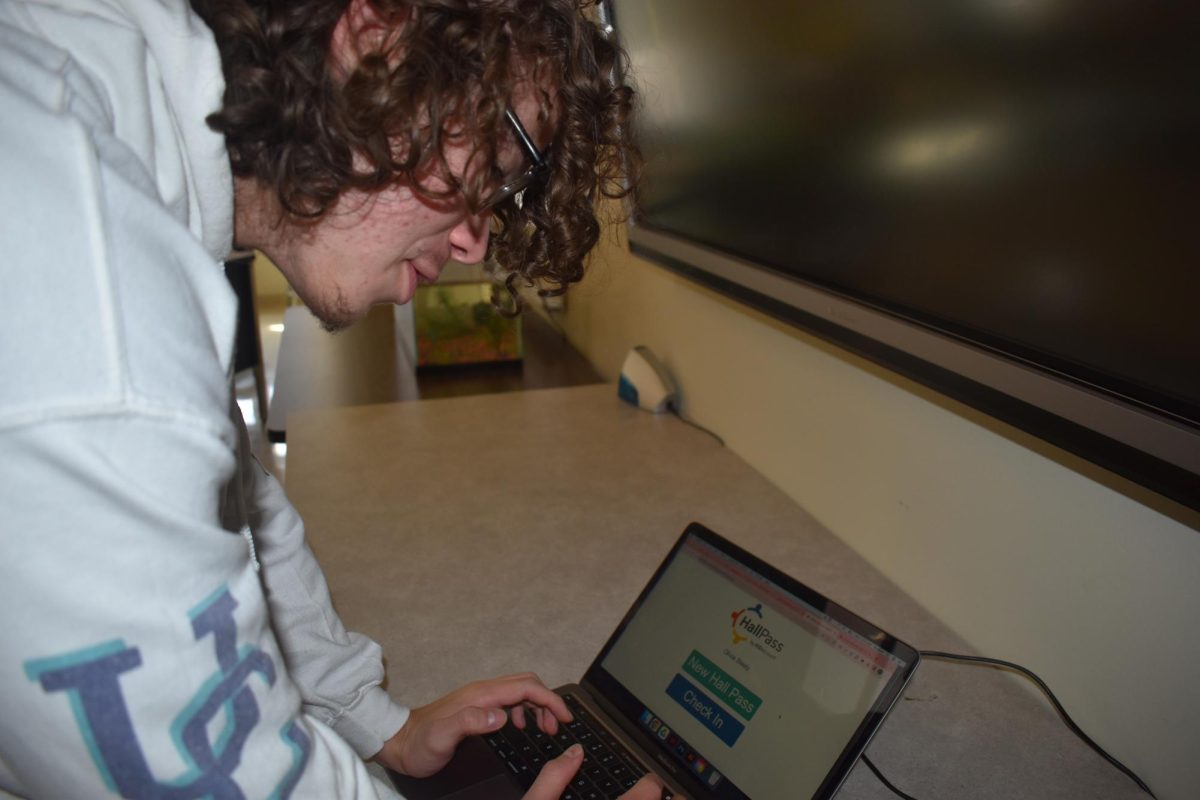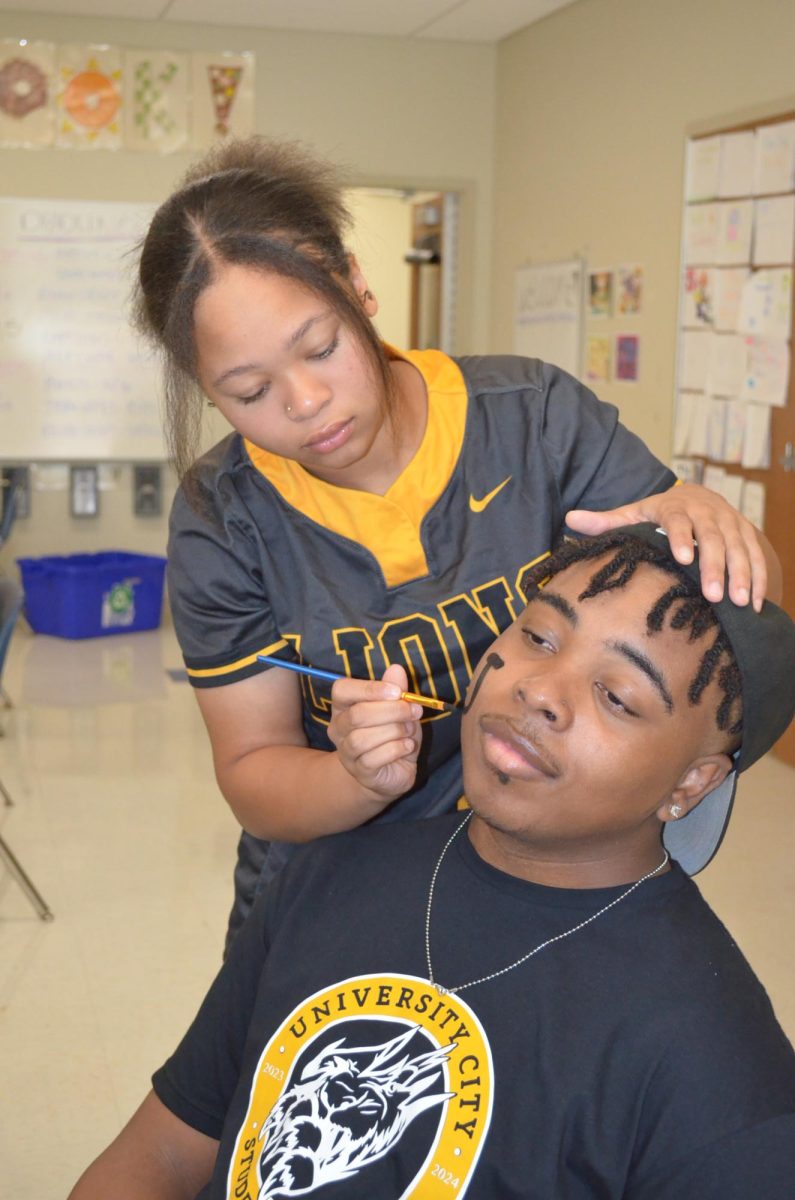Upon the start of the New Year, millions of users of the popular photo-sharing mobile application Snapchat were surprised to learn that they were on a list from an online hacker. This leak was comprised of 4.6 million Snapchat users and included both their names and phone numbers. Consequently, many people were outraged by this breach of privacy.
“I’m very upset,” said Tanyra Blackmon, sophomore. “I don’t want to have random numbers calling my phone that I don’t know because of that leak.”
However, this major hack did not come as a surprise to Snapchat’s developers, Evan Spiegel and Bobby Murphy. In August of 2013, they were warned that their app was vulnerable to hackers. In response, users were told that changes were made in the system and a post on the company’s blog down played the situation and suggested that the threat was “theoretical.”
As well as the release of general information from users, the underlying purpose of the app is being violated. Snapchat’s primary appeal to users is that photos sent through their system are automatically deleted and unable to be accessed again after ten seconds or less. If these pictures are screen-shotted by another user, the sender will be notified. This feature allows anyone sending pictures a sense of security that they will know exactly who is viewing their picture.
However, new technology may eradicate this security feature entirely. Applications like Snap-Hack and SnapCrack allow users to save photos sent through Snapchat for an indefinite amount of time without notifying the sender.
“I use SnapCrack so I can save photos [of my friends] without them begging me to delete them,” said Adekunle Adeyinka, junior. “If you send me a picture on Snapchat, I’m at liberty to use those photos however I want. By sending them to me, you’re giving me permission to use your pictures.”
The developer of Snap-Hack, Darren Jones, claims that he created the app to warn people of the dangers of sharing pictures online. “I wanted to prove that nothing was 100 percent secure once uploaded to the Internet,” he told Mashable.com.
Privacy breaches like these may concern users but will also give them more insight into just how private their photos are.
Snapchat isn’t the first form of social media to raise public concerns regarding privacy. While surfing the web, sidebars will often display advertisements that seem tailored to the user’s browser history. Both Google and Facebook have faced charges for scanning private messages and emails in order to target custom advertisements towards consumers.
“All of my online profiles are private, and they’re private for a reason,” said Jahmal Jennings, senior. “If there’s a leak and my info is shared, I’ll no longer trust that website.”
While advertisers stress the harmlessness of personalized advertising, the public fears that their “private” messages are being read by third party sources. In fact, records of a user’s webpage history can easily be collected using clickstream data by third party advertising companies. This data can then be teamed with popular social media sites to customize advertisements. This is why users can often spot a pair of shoes they recently thought about purchasing running down the side of their Facebook page.
“Once I was looking up brakes for my car and now whenever I’m on Facebook I see ads for car parts,” said Jennings. “I think that this is an invasion of privacy if they [advertising companies] are looking at my history.”
So what can the average person do to prevent their embarrassing pictures from going viral? The only surefire way to keep private information truly private is not to post it online. Other than this, setting social media accounts to the highest privacy setting, using small, private browsers to search rather than Google or Bing, and creating a unique mail server can provide extra security for photos, messages, and data history.
















![Benjamin Williams and Reese Sherman, social studies teachers, explain department information a guest. This [open house] was, for me, a great opportunity to meet family in the district that will soon be attending the high school, Williams said.](https://www.utimesonline.com/wp-content/uploads/2024/02/DSC_9117-1200x800.jpg)


























